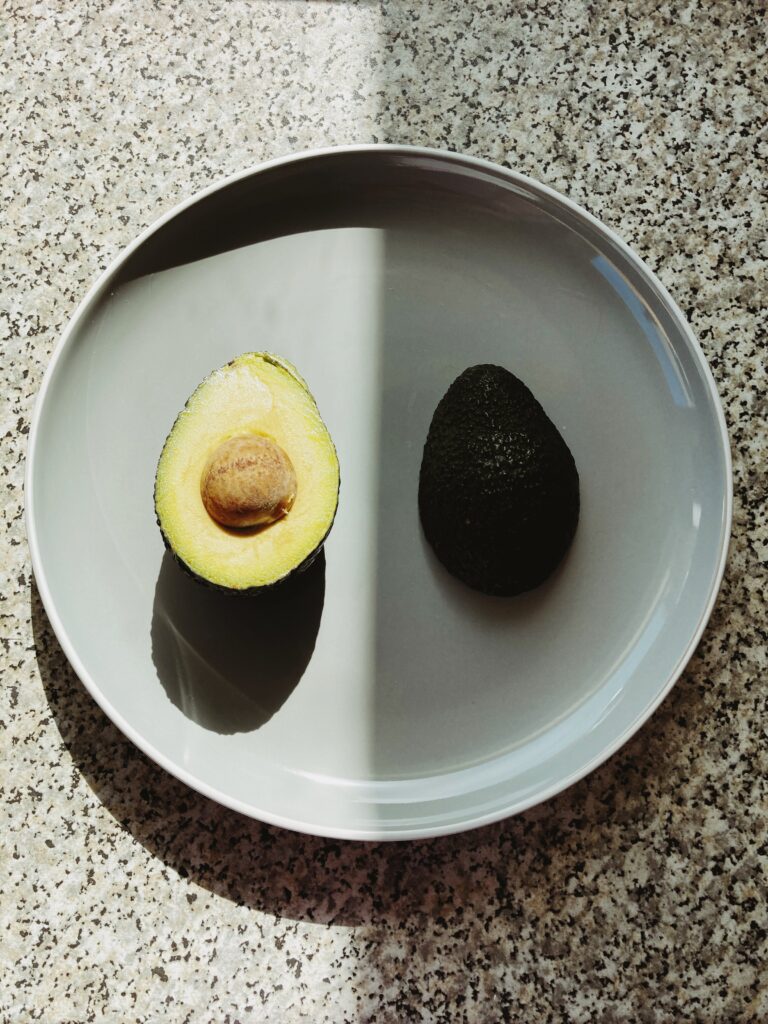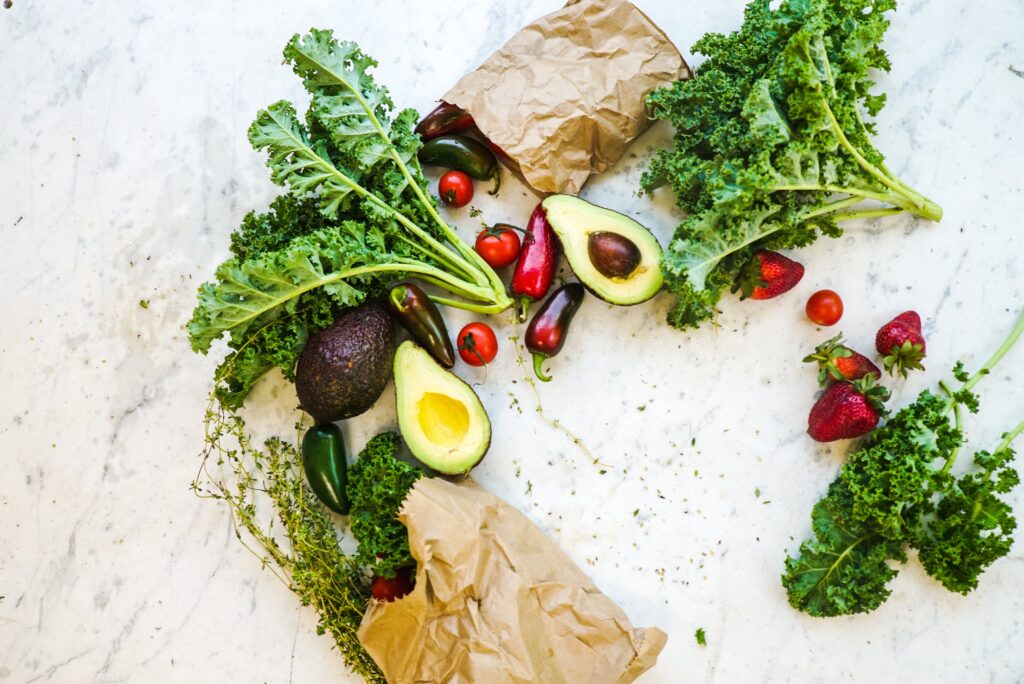Embarking on a keto journey focuses heavily on what you eat, but have you considered adding probiotics into the mix for maximized health benefits? It’s all about embracing the fusion of keto with the perks of fermented foods and probiotics to elevate your well-being, digestion, and overall results from your diet. This guide walks you through integrating these nutrient powerhouses into your lifestyle, offering recipes and insights to maintain a balanced gut while thriving on your keto journey. It’s not just about what you exclude from your diet, but also what you include, and probiotics could be the missing link to a more vibrant health on a keto plan.
Start Your Keto Journey Today!
The Power of Probiotics in Your Keto Diet Plan
Definition and benefits of probiotics
Probiotics are live microorganisms that, when consumed in adequate amounts, offer significant health benefits. These benefits span from improving gut flora balance to enhancing the immune system. Particularly for you, embarking on or maintaining a keto diet, probiotics can be a game-changer. They aid in digestion, reduce inflammation, and can help manage and prevent chronic diseases.
How probiotics complement the keto lifestyle
On a keto diet, your primary focus is on minimizing carbohydrate intake and boosting fat consumption to encourage your body to burn fat for energy. Probiotics complement this lifestyle by enhancing digestive health, ensuring the fats and limited carbs you consume are effectively broken down and absorbed. Moreover, a healthy gut microbiota supported by probiotics can improve metabolism and potentially make the keto diet more effective in achieving weight loss and health goals.
The impact of probiotics on gut health and digestion
A balanced gut microbiome is crucial for proper digestion and overall health. Probiotics play a vital role in maintaining this balance, countering the negative effects of a low-carb, high-fat diet, such as constipation or diarrhea. They foster a healthy environment in your gut, enabling the efficient processing and elimination of waste, and facilitate the breakdown of dietary fats and proteins.
Enhancing nutrient absorption on a keto diet with probiotics
Nutrient absorption is a cornerstone of any diet’s success, particularly in a restrictive eating plan like keto. probiotics improve the lining of the digestive tract, making it more efficient in absorbing nutrients from food. This means you get more vitamins, minerals, and other nutrients from the same amount of food, which is crucial when your dietary choices are limited.
Understanding the Keto Diet
Basics of the ketogenic diet
The ketogenic diet is a low-carb, high-fat diet that drastically reduces carbohydrate intake and replaces it with fat. This reduction in carbs puts your body into a metabolic state called ketosis, where fat from your diet and your body is burned for energy. It emphasizes meats, fatty fish, eggs, butter, nuts, healthy oils, avocados, and low-carb vegetables.
Benefits of keto for weight loss and overall health
Keto has been favored for its rapid weight loss outcomes, improved insulin sensitivity, and potential to reduce risk factors for heart disease. Beyond weight loss, adherents often report higher energy levels, improved mental clarity, and a decrease in cravings for sugar and processed foods.
Common challenges faced on a keto diet
Transitioning to a low-carb lifestyle poses challenges like the “keto flu,” consisting of headaches, fatigue, and nausea as your body adjusts. Cravings, nutrient deficiencies, and digestive issues can also arise, underscoring the importance of gut health and proper nutrition.
The importance of gut health in a ketogenic lifestyle
Gut health is pivotal in a keto diet for reasons ranging from the efficient breakdown of high-fat foods to the prevention of constipation. A healthy gut microbiome aids in the digestion and absorption of nutrients, supporting overall health and the effectiveness of the diet.

Start Your Keto Journey Today!
Fermented Foods: A Natural Source of Probiotics
Types of fermented foods rich in probiotics
Fermented foods like yogurt, kefir, sauerkraut, kimchi, and kombucha are packed with natural probiotics. These foods undergo a fermentation process that preserves them and creates beneficial enzymes, b-vitamins, Omega-3 fatty acids, and various strains of probiotics.
Incorporating fermented foods into a keto diet
Integrating fermented foods into your keto routine can be straightforward and delicious. You could start your day with a serving of full-fat yogurt, add sauerkraut to your salad or meat dish for lunch, and sip some kombucha in the evening. Their low carb content makes them ideal for maintaining ketosis.
Homemade vs. store-bought fermented foods
While store-bought fermented foods can be convenient, making your own at home allows you to have control over the ingredients, ensuring they’re keto-friendly and free from unwanted sugars or preservatives. Plus, home fermentation can be a rewarding and cost-effective hobby.
Safety and storage tips for fermented foods
Safety is paramount with fermented foods. Ensure everything is kept clean to avoid contamination. Store-bought fermented foods should be kept refrigerated, and home-made batches should be stored properly and monitored for unusual smells or textures that could indicate spoilage.
Supplementing with Probiotics
Choosing the right probiotic supplements for a keto diet
When supplementing, look for probiotics with strains like Lactobacillus and Bifidobacterium, which have shown benefits for gut health and weight management. Ensure the product doesn’t contain unnecessary fillers or carbs that could interfere with ketosis.
Understanding probiotic strains and their benefits
Not all probiotics are the same; different strains offer different benefits. For example, Lactobacillus acidophilus can aid in digestion and nutrient absorption, while Bifidobacterium lactis can enhance immune function. Knowing which strains meet your health needs can enhance your keto experience.
Dosage and timing for taking probiotic supplements
The optimal dosage varies, so it’s wise to start with the recommended dose on the product label or consult a healthcare provider. Taking probiotics in the morning before a meal is often suggested to maximize their effectiveness.
Possible side effects and how to mitigate them
While probiotics are generally safe, they can cause bloating, gas, or upset stomach in some individuals. These effects usually subside as your body adjusts. However, starting with a lower dose and gradually increasing it can help minimize discomfort.

Keto-Friendly Probiotic Recipes
Fermented keto snacks and sides
Explore recipes for homemade sauerkraut or pickles as tangy additions to your meals. Avocado kefir smoothies can also be a creamy, delicious snack that packs a probiotic punch.
Probiotic-rich keto smoothies and drinks
Blend low-carb fruits like berries with kefir or unsweetened yogurt to create nourishing, probiotic-rich smoothies. Kombucha, especially homemade, can be a refreshing, gut-friendly drink option as long as it’s low in sugars.
Creating a balanced meal plan with probiotics
Aim to include at least one source of probiotics in your daily meal plan. Balance it with a variety of fats, proteins, and keto-approved vegetables to ensure a broad spectrum of nutrients supporting overall health and gut wellness.
Tips for cooking and preparing probiotic-rich foods
Remember, high heat can kill probiotics, so add them to dishes at the end of the cooking process or use them in uncooked recipes. Always ensure freshness and proper storage to reap the maximum health benefits.
Balancing Your Gut Microbiome
The role of the gut microbiome in health and disease
Your gut microbiome is a complex ecosystem that influences digestion, immune function, and even mental health. An imbalance in this microbiome can lead to digestive disorders, weakened immune response, and chronic diseases. Ensuring a diversity of beneficial bacteria through diet and supplementation is key to maintaining balance.
How keto and probiotics work together to improve gut health
Keto reduces sugar intake, which can lower the food supply for harmful bacteria, while probiotics replenish and maintain healthy gut flora. This synergy can lead to improved digestion, enhanced immune function, and a stronger barrier against pathogens.
Signs of an unbalanced gut microbiome
Symptoms like bloating, gas, constipation, diarrhea, and unexplained weight changes can signal an imbalance. If you’re experiencing any of these, it might be time to assess your diet and consider integrating more probiotic-rich foods or supplements.
Strategies for restoring gut health on a keto diet
Start with a diverse range of high-quality, nutrient-dense, keto-friendly foods. Integrate fermented foods and consider a probiotic supplement if necessary. Stay hydrated, manage stress, and ensure adequate sleep as these Lifestyle factors significantly impact gut health.

The Impact of Probiotics on Weight Loss and Metabolism
Probiotics and their role in metabolism
Probiotics can influence metabolism by improving the gut barrier, reducing inflammation, and impacting fat storage and hormone regulation. A healthy gut flora can thus be an ally in your weight loss journey on a keto diet.
How probiotics can enhance keto-induced weight loss
By improving digestion and nutrient absorption, probiotics ensure you’re extracting maximum energy from your food, potentially increasing the effectiveness of the keto diet for weight loss. They may also help regulate appetite and reduce cravings.
Understanding the relationship between gut health and obesity
Research suggests a link between gut microbiome composition and obesity. An imbalance in gut bacteria can influence fat storage and energy expenditure, making it harder to lose weight. A diet rich in probiotics can help rebalance this microbiome.
Case studies and research findings
Various studies have demonstrated the beneficial effects of probiotics on weight loss and metabolic health. For instance, certain probiotic strains have been found to reduce body weight and fat percentage in humans. These findings underscore the potential of integrating probiotics into a weight management strategy.
Overcoming Keto Flu with Probiotics
What is the keto flu, and why does it happen?
The keto flu refers to a collection of symptoms that some people experience when first starting keto, as the body adjusts to burning fat for fuel instead of glucose. Symptoms include fatigue, headaches, and irritability.
How probiotics can alleviate symptoms of the keto flu
Probiotics may alleviate these symptoms by improving digestion and absorption of nutrients, thus ensuring your body has what it needs to navigate this transition smoothly. A well-balanced gut microbiome can also support immune function and reduce inflammation, potentially easing the intensity of keto flu symptoms.
Nutritional strategies to combat keto flu
Alongside probiotics, ensure adequate hydration and a balanced intake of electrolytes, which are often depleted during the initial stages of keto. Incorporating bone broth, rich in minerals and amino acids, can also provide relief.
The importance of electrolytes and hydration
Maintaining electrolyte balance—magnesium, potassium, sodium—and adequate hydration is crucial to counteract the diuretic effect of a ketogenic diet and support overall well-being during the adjustment period.

Probiotics for Enhanced Cognitive Function and Mental Health
The gut-brain axis and its significance
The gut-brain axis is a bidirectional communication system between your gastrointestinal tract and your brain. Probiotics can positively influence this communication, potentially improving mood and cognitive function.
Effects of probiotics on mood and cognitive function
Studies have shown that probiotics can have a beneficial effect on mental health issues, including depression and anxiety. The exact mechanisms are still being explored, but the gut-brain connection plays a significant role.
Research linking gut health to mental wellness
Emerging research suggests a healthy gut microbiome is linked to better mental health. Certain strains of probiotics have been associated with reduced symptoms of depression and improved cognitive function.
Testimonials and personal stories
Many people report feeling mentally “clearer” and more balanced after incorporating probiotics into their diet, supporting the idea that gut health significantly impacts overall well-being, including mental health.
Long-Term Success with Keto and Probiotics
Maintaining a balanced keto diet with probiotics
For long-term success, balance your keto diet with a variety of nutrient-dense foods and include sources of probiotics, whether through food or supplements. This approach supports gut health, weight management, and overall well-being.
Common pitfalls to avoid in a ketogenic lifestyle
Avoid excessive reliance on processed keto foods, neglecting vegetable intake, and insufficient focus on gut health. These can lead to nutrient deficiencies, digestive issues, and diminished diet effectiveness over time.
Adjusting your keto and probiotic regimen over time
Your body’s needs may change as you progress with keto and as your gut microbiome evolves. Stay attuned to these changes and be prepared to adjust your diet and probiotic intake accordingly, possibly under the guidance of a healthcare professional.
Success stories and motivational insights
Many have found success by synergizing the keto diet with probiotics, achieving not just weight loss but enhanced digestion, mental clarity, and overall vitality. Let these stories inspire you to consider how a focus on gut health can amplify your keto results and contribute to a fulfilling, healthy lifestyle.

